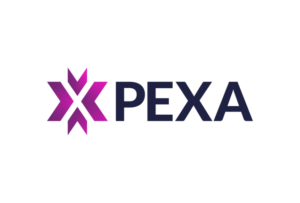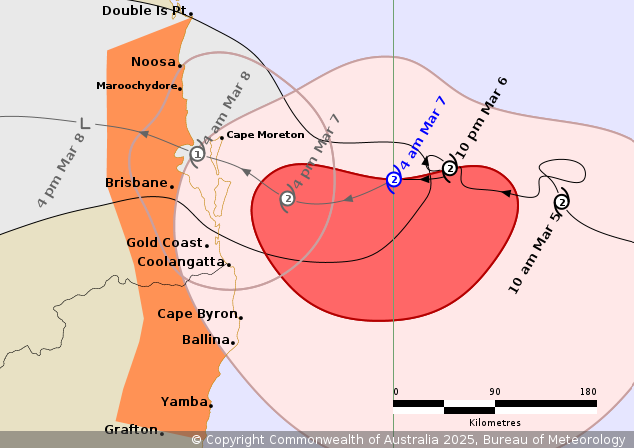
Avoid Hidden Fees: 2024 Conveyancing Mistakes
Buying or selling a property is a significant financial transaction, and you need to be aware of all the costs involved. Unfortunately, many people get caught out by hidden conveyancing fees, which can add up quickly and turn an affordable transaction into a costly one. That’s why we’ve created this guide to help you avoid the most common mistakes that people make when it comes to conveyancing fees. So, don’t get caught out by hidden conveyancing fees! Check out our guide to the most common mistakes you may not have considered.
1. What are Conveyancing Fees?
Conveyancing fees are the costs associated with the legal work involved in buying or selling a property. They include various expenses, such as searches, title registration fees, and solicitor/ lawyer fee and costs associated with drafting a contract of sale. It’s essential to understand what these fees are and how they are calculated to avoid any surprises.
2. Common Mistakes to Avoid
When it comes to conveyancing fees, there are several mistakes that people make. Here are some of the most common ones to avoid:
Not Obtaining a Detailed Quote
Many people make the mistake of not obtaining a detailed quote from their solicitor or conveyancer. It’s important to get a breakdown of all the costs involved in the transaction, including any hidden fees, to avoid any surprises. Quotes are generally broken into three sections the Conveyancing professional fee, disbursements for documents such as searches and verification of identification costs and settlement fee. Which is the fee to settle using the e-Conveyancing programs.
Not Budgeting for All the Costs
Some people only budget for the deposit and mortgage payments when buying a property, forgetting about the additional costs involved, such as stamp duty, registration fees and conveyancing fees. Other fees to consider is removalist fees, inspections, mortgage insurance if required. It’s crucial to factor in all the costs to avoid any financial surprises.
Not Checking for Hidden Fees
Some Law Firm’s may not disclose all the fees upfront, which can lead to additional costs later on. Always check for hidden fees before signing any contracts and if there are any fees to review the contract prior to signing.
3. Understanding the Different Types of Conveyancing Fees
There are several types of conveyancing fees that you need to be aware of, including:
Search Fees
These fees cover the cost of searches carried out by your solicitor or conveyancer to check for any potential issues, such as planning permission, environmental concerns, and local authority requirements and information.
Land Registry Fees
These fees cover the cost of registering the property with the Land Registry and obtaining the legal ownership documents.
Solicitor or Conveyancer Fees
These fees cover the cost of the legal work involved in the transaction, such as preparing contracts, handling paperwork, and liaising with the other party’s solicitor or conveyancer. Most conveyancers or solicitors professional fees do not include additional expenses such as having a smoke alarm inspection or building and pest inspection. Always ask your Conveyancer what is included before using their services.
Disbursements
Disbursements are additional costs that your solicitor or conveyancer may incur on your behalf, such as postage and photocopying fees.
e-Conveyancing (PEXA)
e-Conveyancing fees such as using a program such as PEXA to settlement.
https://www.pexa.com.au/solutions/buyers-sellers/

4. Hidden Fees to Watch Out for When Signing a Mortgage
Buying a home is an exciting and significant milestone for many people. However, it’s essential to be aware of the potential hidden fees associated with signing a mortgage. By understanding these costs upfront, you can avoid any unpleasant surprises and ensure that you’re fully prepared for the financial responsibilities of homeownership.
One of the most common hidden fees when signing a mortgage is mortgage insurance. This type of insurance is typically required if you’re putting down less than 20% of the purchase price of the property. Mortgage insurance is designed to protect the lender in case you default on the loan, and the cost can be added to your monthly mortgage payment. It’s essential to factor in this cost when budgeting for your mortgage payment.
Bank Solicitor Fees
Another hidden fee to be aware of is the bank’s solicitor fees. When you take out a mortgage, the bank will require you to have a solicitor to represent you. However, the bank may also have their solicitor, and you may be responsible for paying their fees. It’s important to ask about these fees upfront and factor them into your budget. You may also want to consider hiring your solicitor to avoid any potential conflicts of interest.
Other Mortgage Associated Fees
Other potential hidden fees when signing a mortgage include valuation or appraisal fees, title search fees, and land transfer taxes. Appraisal fees are the costs associated with assessing the value of the real property, while title search fees cover the cost of researching the property’s history to ensure there are no liens or other legal issues. Land transfer taxes are taxes paid to the government for transferring ownership of the property.
It’s important to obtain a detailed breakdown of all fees associated with your mortgage and to ask about any potential hidden fees before signing any contracts. Your mortgage broker or lender should provide you with a document outlining all costs associated with your mortgage. Take the time to review this document carefully and ask any questions you may have. By doing so, you can avoid any surprises and ensure that you’re fully prepared for the costs associated with buying a home.
4. Frequently Asked Questions
Q: Can I do the conveyancing work myself to save money?
A: While it’s possible to do the conveyancing work yourself, it’s not recommended. Conveyancing is a complex legal process that requires expertise, experience and knowledge. Any mistakes you make could be costly in the long run, so it’s best to hire a professional.
Q: Can I do the conveyancing work myself to save money?
A: While it’s possible to do the conveyancing work yourself, it’s not recommended. Conveyancing is a complex legal process that requires expertise and knowledge. Any mistakes you make could be costly in the long run, so it’s best to hire an experienced professional.
Q: Are there any additional fees that I need to be aware of?
A: Yes, there may be additional fees that your solicitor or conveyancer may charge, such as bank transfer fees, postage and photocopying fees, and indemnity insurance fees. It’s essential to get a detailed quote and ask about any potential hidden fees before signing any contracts.
Q: How can I ensure that I’m not getting overcharged for conveyancing fees?
A: The best way to ensure that you’re not getting overcharged for conveyancing fees is to obtain quotes from multiple solicitors or conveyancers and compare them. Make sure that you’re comparing like-for-like quotes and ask about any potential hidden fees.
Don’t get caught out by hidden conveyancing fees! Check out our guide to the most common mistakes you may not have considered. By understanding the different types of conveyancing fees and the mistakes to avoid, you can ensure that you’re not hit with any unexpected costs. Always obtain a detailed quote and ask about any potential hidden fees before signing any contracts. And remember, while it may be tempting to do the conveyancing work yourself, it’s always best to hire a professional to avoid any costly mistakes.
This is general advice only based on Queensland, Australia, for speicific advice please contact your legal representative.




